Raspberry Pi Pico
Technical Specifications
- RP2040 microcontroller chip designed by Raspberry Pi in the UK
- Dual-core ARM Cortex M0+ processor, with a flexible clock running up to 133 MHz
- 264 kB SRAM, and 2 MB on-board Flash memory
- Castellated module allows soldering directly to carrier boards
- USB 1.1 host and device support
- Energy-efficient sleep and dormant modes
- Drag and drop programming using mass storage via USB
- 26x multifunction GPIO pins
- 2x SPI, 2x I²C, 2x UART, 3x 12-bit ADC, 16x controllable PWM channels
- On-chip accurate clock and timer
- Temperature sensor
- On-chip accelerated floating point libraries
- 8x programmable IO (PIO) state machines for custom peripherals
Why a Raspberry Pi Pico?
Designing your own microcontroller instead of buying an existing one brings a number of advantages.
According to Raspberry Pi itself, not one of the existing products available for this comes close to their price/performance ratio.
This Raspberry Pi Pico has also given Raspberry Pi the ability to add some innovative and powerful features of their own.
These features are not available anywhere else.
A third reason is that the Raspberry Pi Pico has given Raspberry Pi the ability to create powerful software around the product.
surrounding this software stack is an extensive documentation set.
The software and documentation meet the high standard of Raspberry Pi’s core products (such as the Raspberry Pi 400, Pi 4 Model B and Pi 3 Model A+).
Who is this microcontroller for?
The Raspberry Pi Pico is suitable for both advanced and novice users.
From controlling a display to controlling many different devices that you use every day.
Automating everyday operations is made possible by this technology.
Beginner users
The Raspberry Pi Pico is programmable in the C and MicroPython languages and is customizable for a wide range of devices.
In addition, the Pico is as easy to use as dragging and dropping files.
This makes this microcontroller ideally suited for the novice user.
Advanced users
For advanced users, it is possible to take advantage of the Pico’s extensive peripherals. The peripherals include the SPI, I²C, and eight programmable I/O (PIO)-state machines.
The RP2040 features a dual-core Arm Cortex-M0+ processor with 264 KB of internal RAM and support for up to 16 MB of off-chip Flash.
Only logged in customers who have purchased this product may leave a review.
Related products
**New Products**
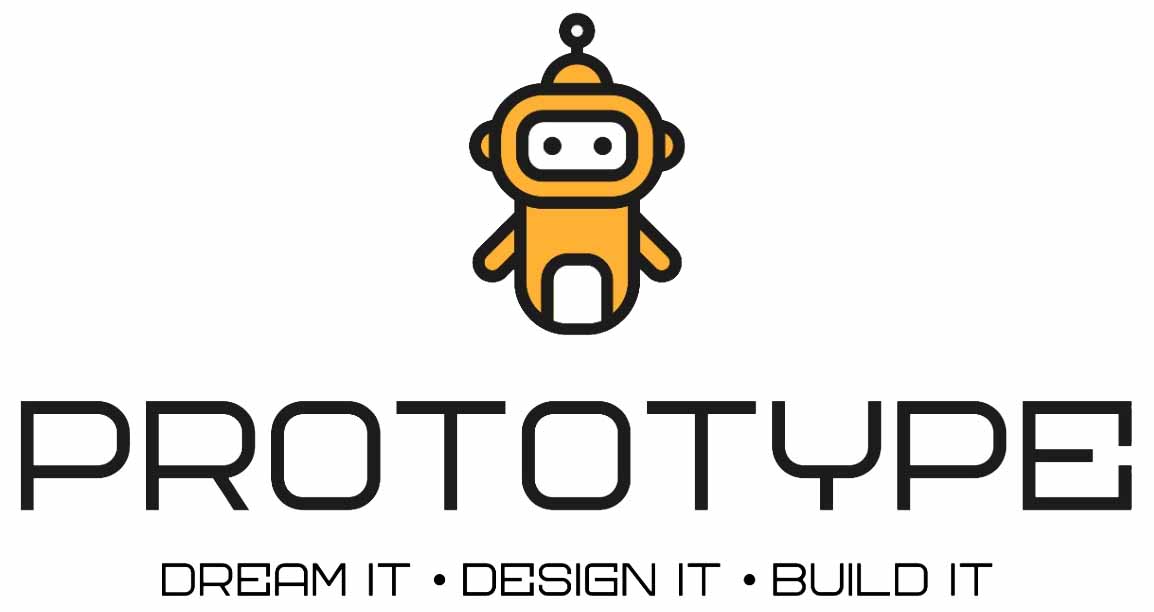
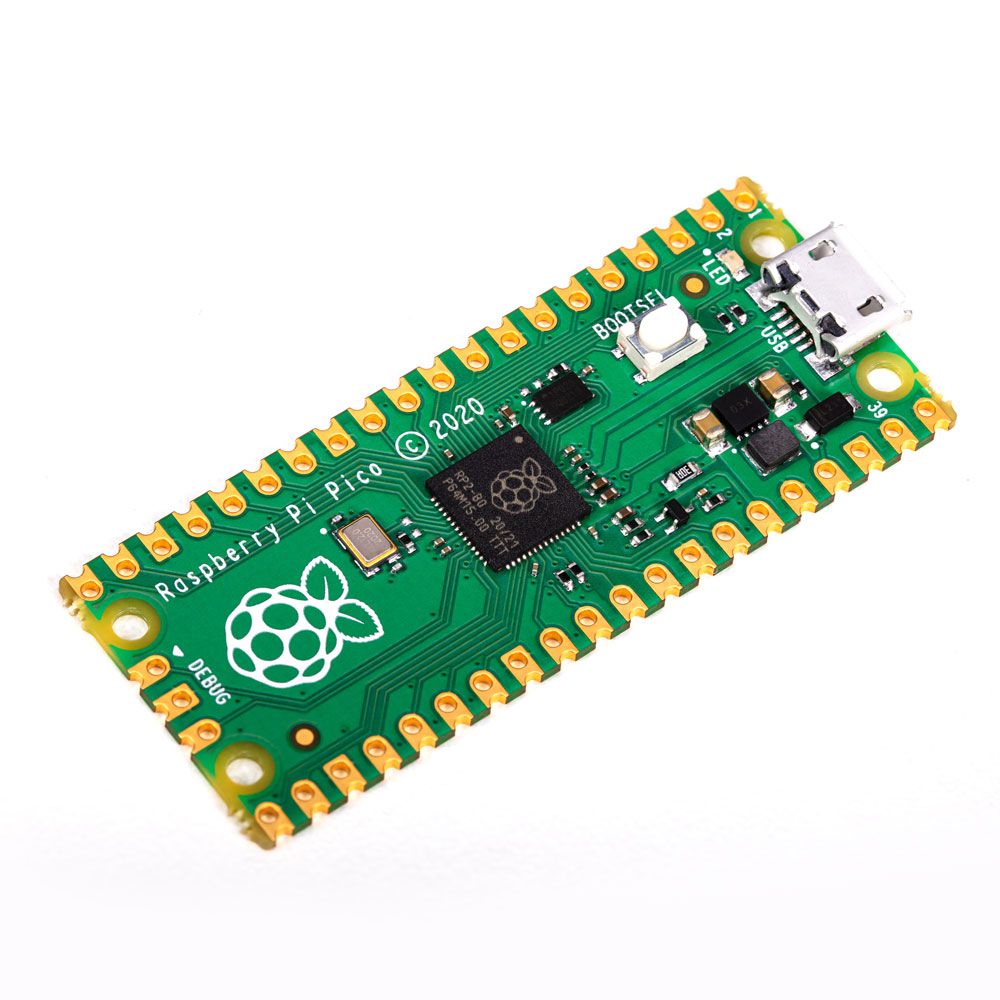
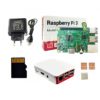
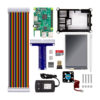
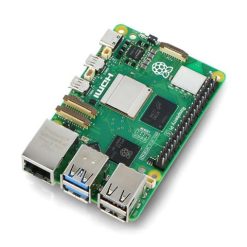
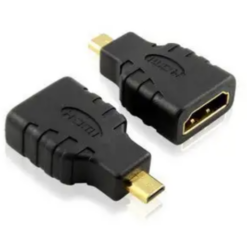
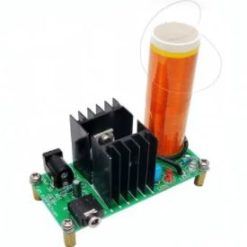
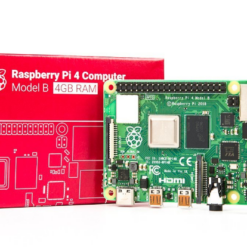

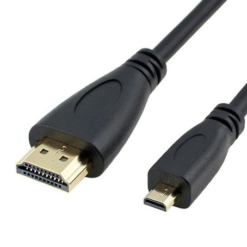
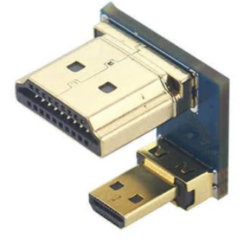
Reviews
There are no reviews yet.